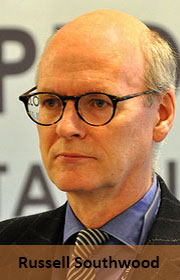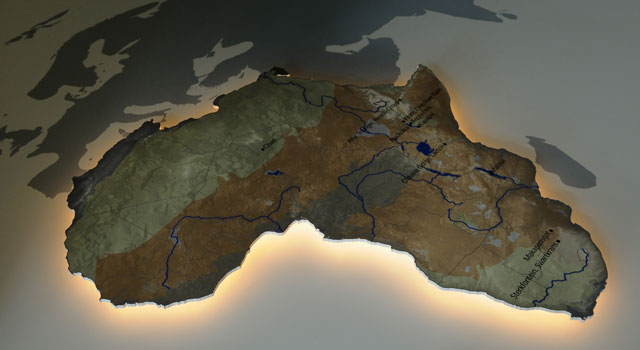 A new Internet service in the remote north of Uganda and the roll-out of 4G in Ghana — neither involved a traditional mobile operator but both have set the new pattern for Africa’s new broadband deployments.
A new Internet service in the remote north of Uganda and the roll-out of 4G in Ghana — neither involved a traditional mobile operator but both have set the new pattern for Africa’s new broadband deployments.
In Uganda, Zoom Wireless was set up by long-time Kenyan Internet service provider (ISP) activist Brian Longwe in partnership with Inveneo’s commercial spin-off, Volo Broadband. Zoom Wireless is part of Sinfa Uganda, a social enterprise which has Oxfam as its lead partner.
At the bottom of its product range is Zoom Access, which provides a symmetrical 512kbit/s link; at the top end is Zoom Corporate Access, which offers 5-9Mbit/s. Neither product is particularly cheap — the top-end one goes for more nearly $190/month — but as Longwe says: “They are very competitive with current offerings, except mobile bundles which aren’t very fast.”
The service started on a trial basis in mid-July and was launched commercially at the beginning of August. It’s currently available only in the small, remote northern town of Gulu, but in a short time it has signed up 20 customers and Longwe believes that there is a potential for 200-250 customers.
“Once we get past a certain threshold, we plan to expand to nearby towns. The threshold is 100-120 subscribers and then we’ll pull the trigger on the expansion.” With the partnership with Volo, it has been able to set up operations quickly and Longwe believes the expansion will also be reasonably fast.
Zoom Wireless connects to the national fibre backbone and the next logical step for expansion are the towns of Lira and Arua. The former is connected to the national fibre backbone; the latter is not. Therefore, the company would need to build infrastructure to Arua. This would probably involve high speed microwave and could give the company a reach of 300-400km beyond Gulu.
The total cost of the Gulu roll-out was $45 000 for three points of presence, including all of the equipment to run the operation. $25 000 of this total went into the solar backup to provide 36 hours of uninterrupted service in event of an outage. Longwe says the planned expansion could be done for $30 000 for each of the two towns.
Volo Broadband’s Mark Summer sees Zoom’s approach as a good model for expansion in unserved areas of Africa: “Initially, we’re looking at countries where regulations allow operators like Zoom to operate easily. This includes Kenya, Tanzania, Uganda, Rwanda, Ghana and Nigeria. It doesn’t mean we’re saying ‘no’ to everywhere else, but it depends on the service provider and whether there’s access to affordable bandwidth.”
These developments show that an independent operator — either commercially or as a social enterprise — can be set up relatively cheaply to cover towns and districts that have existing mobile data but not a solid broadband service for the home or office. It’s the independent providers, not the mobile operators, that are taking the first steps in this regard.
It is again an independent ISP that has taken the lead in providing 4G/LTE coverage for the first time in greater Accra, Ghana. “The plan is to start here and get some learnings before we do an aggressive roll-out,” says Rosy Fynn of service provider Surfline. “The next places will probably be Kumasi and Takoradi, but the decision will be finalised after we see what happens in Accra.”

Fynn is excited by Surfline’s launch offer, which is clearly designed to allow the service to take root before the mobile operators and other independents (like Blu) enter the market: “The qualifying bundle will give you a free device and we’ll double your data balance so long as you remain as an active customer.”
The initial data bundle is 1GB for $6,80 and 50GB for $20,60. “We’re competitive with the incumbent [MTN, with 3G], and we want to ensure affordability. We have price points for all the different levels in the market.”
So, what’s the potential? “We can handle thousands of customers without congestion and want to go as fast as possible, which is why we have put together the aggressive promotion.”
Surfline is a wholly Ghanaian company chaired by John Taylor, who has interests in the oil industry. It has invested $100m in 300 base stations already.
For a while, it looked as if independent challenger ISPs were a thing of the past as the mobile operators wiped up the burgeoning Internet demand with 3G coverage. But the mobile operators seem much more cautious now and is providing a window for the comeback of agile challengers.
- Russell Southwood is head of Balancing Act Africa




